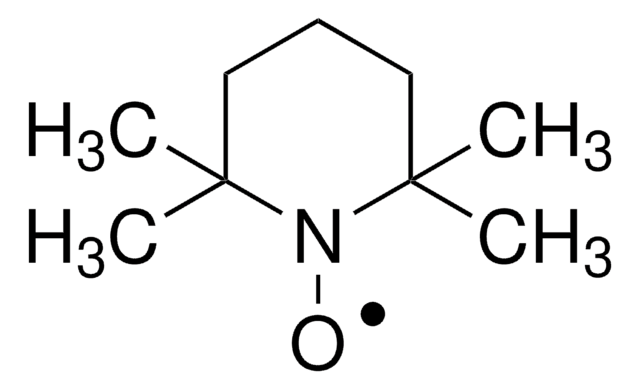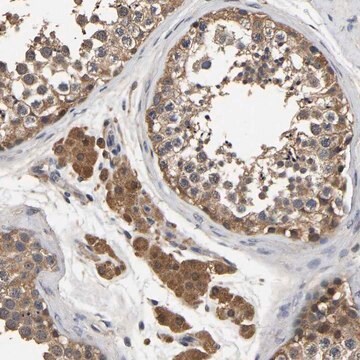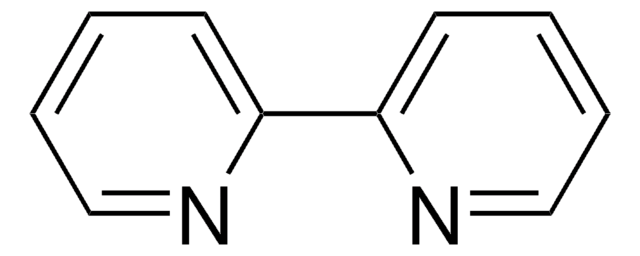SRP6307
BPI from human neutrophils
≥95% (SDS-PAGE)
Synonym(e):
BPI, Bacterial/Permeability, CAP57, Increasing Protein
Anmeldenzur Ansicht organisationsspezifischer und vertraglich vereinbarter Preise
Alle Fotos(1)
About This Item
UNSPSC-Code:
12352200
NACRES:
NA.32
Empfohlene Produkte
Allgemeine Beschreibung
Bactericidal/permeability increasing protein (BPI) is a 456 residue protein which is part of the innate immune system. BPI was initially identified in neutrophils, but is found in other tissues including the epithelial lining of mucus membranes. It is an endogenous antibiotic protein with potent killing activity against Gram-negative bacteria. It binds to compounds called lipopolysaccharides produced by Gram-negative bacteria. Lipolysaccharides are potent activators of the immune system; however BPI at certain concentrations can prevent this activation. Bacterial/Permeability-Increasing Protein (BPI) is present in the azurophilic granules of polymorphonuclear leukocytes (PMN). BPI is toxic only toward Gram-negative bacteria. This specificity is attributable to the strong attraction of BPI for the lipopolysaccharides (LPS) in the bacterial envelope. BPI is also an important antigen for anti-neutrophil cytoplasmic autoantibodies (ANCA) in vasculitis.
Physikalische Form
Frozen in 80 mM Citrate Phosphate, pH 5.6, 0.75 M NaCl.
Lagerklassenschlüssel
13 - Non Combustible Solids
WGK
WGK 3
Flammpunkt (°F)
Not applicable
Flammpunkt (°C)
Not applicable
Analysenzertifikate (COA)
Suchen Sie nach Analysenzertifikate (COA), indem Sie die Lot-/Chargennummer des Produkts eingeben. Lot- und Chargennummern sind auf dem Produktetikett hinter den Wörtern ‘Lot’ oder ‘Batch’ (Lot oder Charge) zu finden.
Besitzen Sie dieses Produkt bereits?
In der Dokumentenbibliothek finden Sie die Dokumentation zu den Produkten, die Sie kürzlich erworben haben.
Maria K Magnusson et al.
Inflammatory bowel diseases, 23(6), 956-966 (2017-04-27)
The clinical disease course of ulcerative colitis (UC) varies substantially between individuals and can currently not be reliably predicted. The gut microbiota and the host's immune defense are key players for gut homeostasis and may be linked to disease outcome.
Unser Team von Wissenschaftlern verfügt über Erfahrung in allen Forschungsbereichen einschließlich Life Science, Materialwissenschaften, chemischer Synthese, Chromatographie, Analytik und vielen mehr..
Setzen Sie sich mit dem technischen Dienst in Verbindung.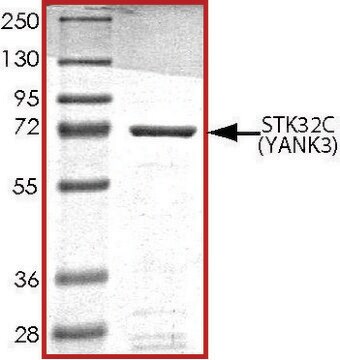
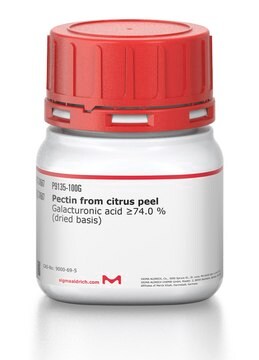
![Natriumtetrakis[3,5-bis(trifluormethyl)phenyl]borat](/deepweb/assets/sigmaaldrich/product/structures/251/439/7a621e74-bfd1-4a43-833c-09adfcc1e0b3/640/7a621e74-bfd1-4a43-833c-09adfcc1e0b3.png)
